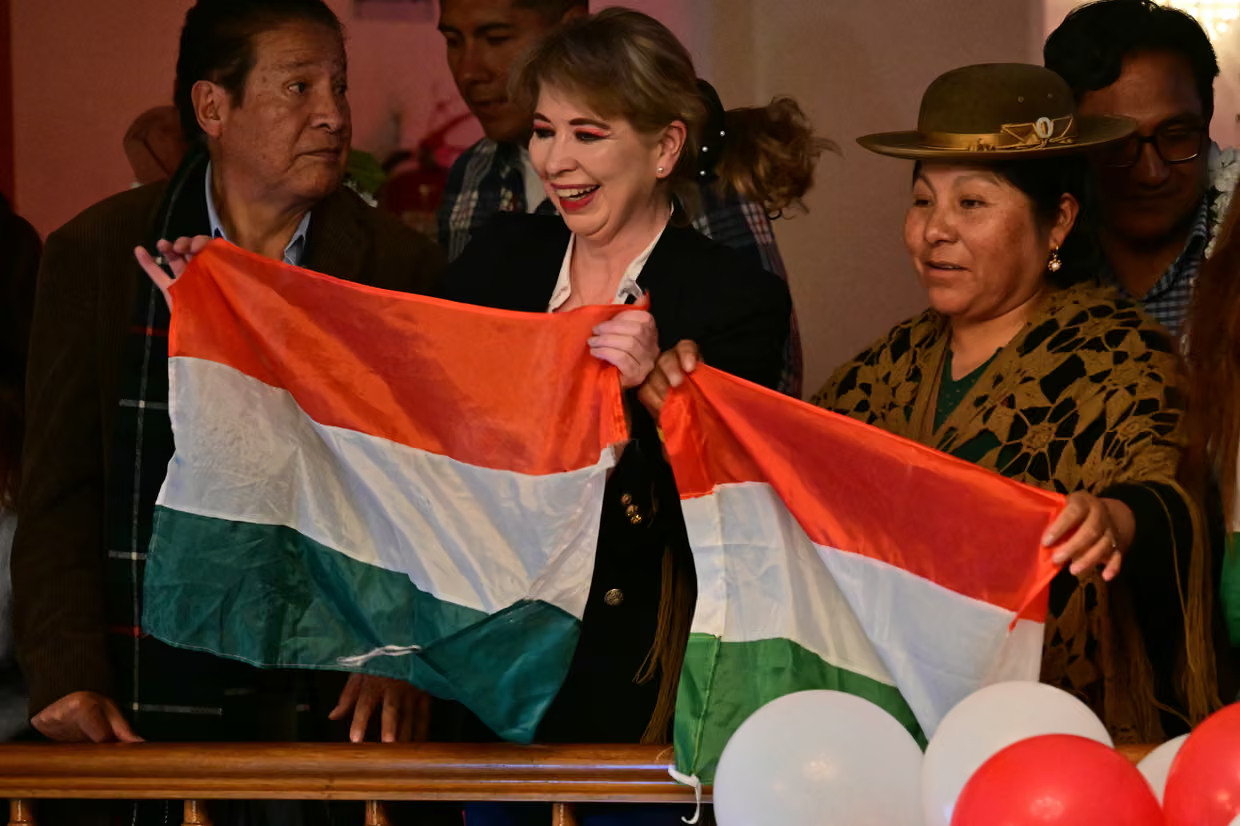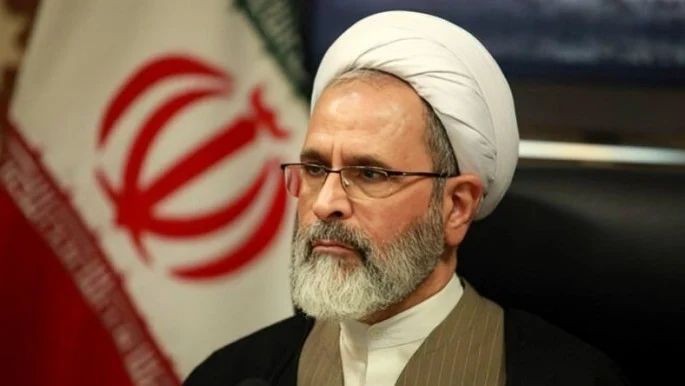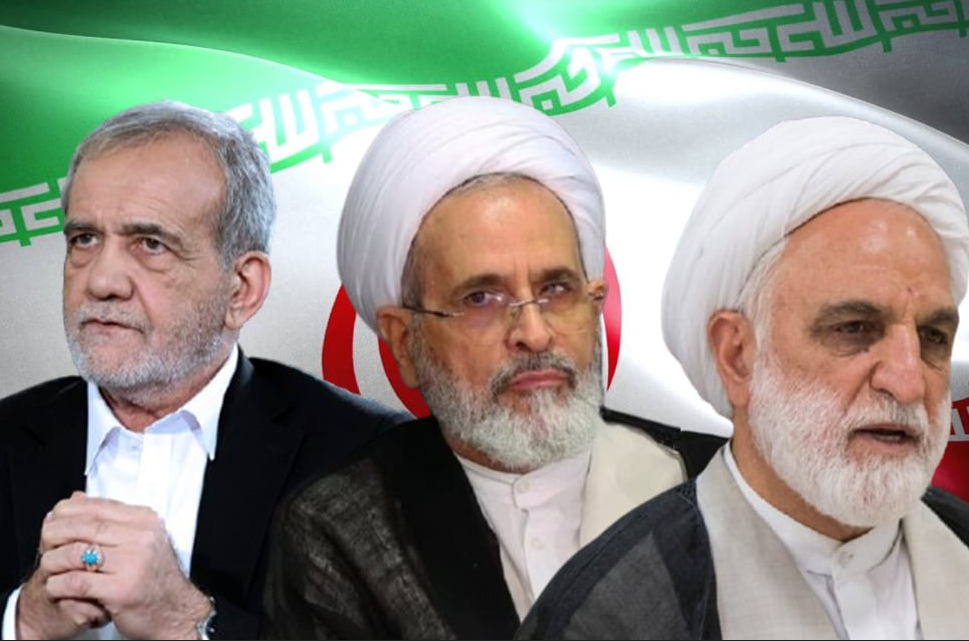Centre-right senator Rodrigo Paz Pereira, 58, has won Bolivia’s presidential runoff, marking a historic shift to the right after almost 20 years of leftist rule by the Movimiento al Socialismo (Mas) party.
With over 97% of ballots counted in the preliminary tally, Paz Pereira received 54.6% of the vote, defeating former president Jorge “Tuto” Quiroga, who secured 45.4%. The electoral court noted that these figures are preliminary, as the official count requires a full public review of all votes at polling stations. The court has up to seven days to release the final results.
Speaking to supporters in La Paz shortly after the announcement, Paz Pereira emphasized job creation and economic growth. He said, “Ideology doesn’t put food on the table. What does is the right to work, strong institutions, legal security, respect for private property, and certainty about the future.”
Paz Pereira also referenced US President Donald Trump, expressing hope to build a close relationship with Washington and ensure Bolivia’s access to hydrocarbons after Trump’s upcoming inauguration on 8 November.
The senator from Tarija is the son of former president Jaime Paz Zamora, who governed from 1989 to 1993. Despite his extensive political experience as a city councillor, mayor, and congressman, Paz Pereira positioned himself as an outsider, surprising many by winning after starting near the bottom of first-round opinion polls.
Election day passed without major incidents, according to the electoral court and international observers, including the European Union. Quiroga, who had made his fourth bid for the presidency, congratulated Paz Pereira while acknowledging the pain of his supporters. He vowed to monitor the final vote count but affirmed respect for the electoral process.
Sunday’s election was Bolivia’s first presidential runoff and the first since 2005 without a candidate from the Mas party. Deeply unpopular, President Luis Arce chose not to run and instead endorsed his interior minister, Eduardo del Castillo, who won just over 3% of the first-round vote.
The decline of the Mas party is linked to a bitter feud between Evo Morales and his former protégé Arce, as well as Bolivia’s worst economic crisis in four decades, marked by high inflation and shortages of dollars and fuel. Once dominant, Mas will now have only two congressmen and no senators, drastically reducing its influence in the legislature.
Paz Pereira’s party, the Partido Demócrata Cristiano (PDC), will hold 49 deputies and 16 senators but lacks a majority, posing a challenge for passing laws and reforms.
During his campaign, Paz Pereira traveled extensively across Bolivia, reaching around 220 of the country’s 327 municipalities. He gained support in regions that were once Mas strongholds. He promoted “popular capitalism,” promising low-interest loans for small businesses, cancelling certain state debts, and reducing import tariffs on technology and vehicles.
A key factor in his success was the popularity of his running mate, former police captain Edman Lara Montaño, 39. Known as Capt Lara, he gained fame for exposing alleged corruption within the police force through viral videos, which led to his dismissal. Running on an anti-corruption platform, he promised to hold the new administration accountable if needed.
After the results, Lara emphasized economic stabilization, diesel and petrol supply, and ending corruption.
Paz Pereira will also face challenges left by Arce’s administration, including an arrest warrant against Morales. Morales remains in central Bolivia, protected by coca farmers amid allegations of fathering a child with a minor during his presidency. Paz Pereira has stated that the law will apply to Morales like any other citizen.







